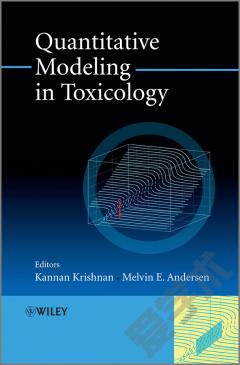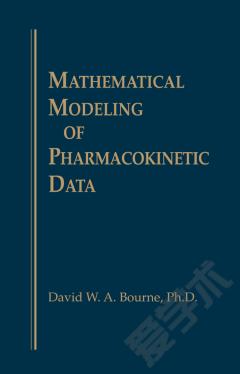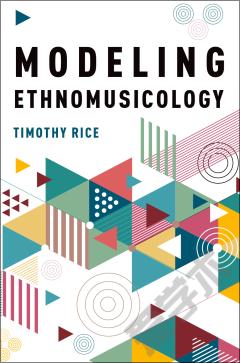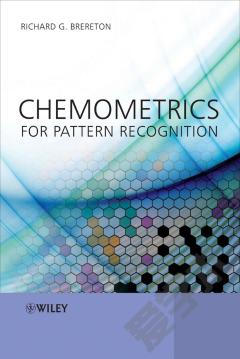Quantitative Modeling in Toxicology
Governments around the world are passing laws requiring industry to assess the toxicity of the chemicals and products they produce, but to do so while reducing, refining, or even replacing testing on animals. To meet these requirements, experimental toxicologists and risk assessors are adopting quantitative approaches and computer simulations to study the biological fate and effects of chemicals and drugs. In Quantitative Modeling in Toxicology leading experts outline the current state of knowledge on the modeling of dose, tissue interactions and tissue responses. Each chapter describes the mathematical foundation, parameter estimation, challenges and perspectives for development, along with the presentation of a modeling template. Additionally, tools and approaches for conducting uncertainty, sensitivity and variability analyses in these models are described. Topics covered include: the quantitative models of pharmacokinetics of individual chemicals and mixtures models for toxicant-target tissue interaction. models for cellular, organ, and organism responses. approaches, tools and challenges for model application and evaluation A website containing computer codes accompanies the book to help the reader reconstruct the models described and discussed in the various chapters. Quantitative Modeling in Toxicology serves as an essential reference source and tool box for risk assessors and researchers and students in toxicology, public health, pharmacology, and human toxicology interested in developing quantitative models for a better understanding of dose-response relationships.
{{comment.content}}








 京公网安备 11010802027623号
京公网安备 11010802027623号